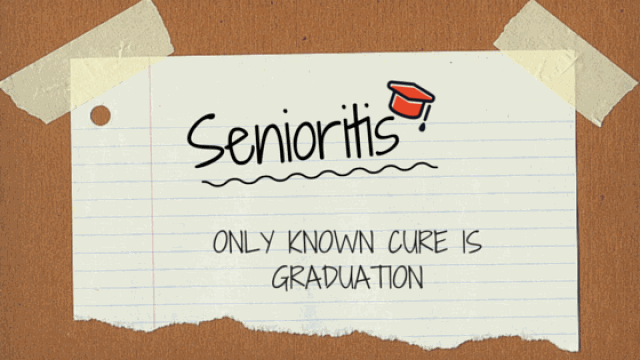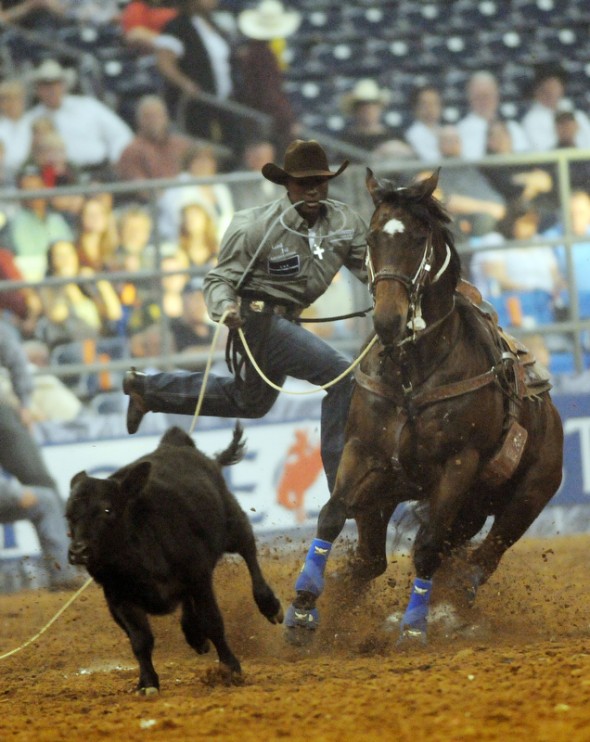 Mention a Socratic seminar to students, and often the response is just like the one portrayed in “Oh God, Teacher Arranged Desks in a Giant Circle” from The Onion. In other words, uncertainty, anxiety, and even panic. But if you enter a seminar prepared, you’ll find your fears allayed and, I hope, your knowledge of the work we’re discussing extended and deepened.
Mention a Socratic seminar to students, and often the response is just like the one portrayed in “Oh God, Teacher Arranged Desks in a Giant Circle” from The Onion. In other words, uncertainty, anxiety, and even panic. But if you enter a seminar prepared, you’ll find your fears allayed and, I hope, your knowledge of the work we’re discussing extended and deepened.
The first thing you need to understand is that a Socratic seminar is not a debate. The point is not to win an argument. Instead, a Socratic seminar aims to deepen understanding through discussion and questioning. A more detailed explanation can be found here: Dialogue vs. Debate. Seminar participation will be graded like a test, and there are three keys that will help you do your best.
PREPARATION
Come to the seminar prepared. Students should have their Six Pack Sheet for the work completed as fully as possible, including their ideas on motifs and symbols, references to important scenes/conversations, and character information. Crafting thoughtful questions can also provide you with something to share. Remember that your questions should explore WHAT IS in the work (cause and effect, character motivation, etc.) and not WHAT IF (speculation based on something that occurs). We’re discussing the work as presented, not writing fanfic. The ultimate goal is to discern an appropriate meaning of the work as a whole (MOWAW) that can be supported by textual evidence.
PARTICIPATION
Most seminars will be conducted over two days. On the first day, we will open with a question round. Everyone present will share one of the questions they have prepared on their Six Pack Sheet. We will then select a question to kick off the day’s discussion.
During the discussion, your job is to listen and connect. One person should speak at a time. Comments should be directed to the class as a whole rather than to the teacher, who acts as a facilitator rather than a leader. Comments should ADD something new to the conversation, REFER to the text to clarify or support, or EXTEND what another student has introduced. Please take notes on what you hear using the appropriate field in the Six Pack Sheet. Day 2 of the seminar will begin with a comment round, with everyone sharing something interesting from the first day that they found thought provoking or wish to discuss further. Six Pack Sheets with their seminar notes will be submitted to Canvas at the end of Day 2.
While you are speaking, I will be observing and making notes on your seminar input and behavior. Positive behaviors that will earn you points include the following:
• offers new idea
• asks a new or follow-up question
• refers to the text
• paraphrases and adds to another’s idea
• encourages others to speak
Please avoid interrupting others, side conversations, and dominating the conversation—the best seminars allow everyone a chance to speak and respond. Conversely, don’t sit in silence. Have a question or quotation ready to go if you don’t feel confident expressing yourself off the cuff.
FOLLOWUP
To extend the conversation and provide a record for review later, we will also conduct a followup discussion using Canvas. All students will be expected to contribute to the online discussion even if they spoke in class. The online discussion will be open for a few days after the in-class seminar is concluded. Once the online discussion closes, seminar grades will be finalized.
 Seminars will be graded based on both your contributions to the discussion (speaking in class and posting to the discussion board) and the quality of those contributions (specific text references rather than general comments). The fewer comments you make and more general your input, the lower the grade, and vice versa. If you wish a high seminar grade, you will need to contribute thoughtfully and precisely both during the class and online. Ultimately, your seminar participation should reveal your understanding of and thinking about the work in question.
Seminars will be graded based on both your contributions to the discussion (speaking in class and posting to the discussion board) and the quality of those contributions (specific text references rather than general comments). The fewer comments you make and more general your input, the lower the grade, and vice versa. If you wish a high seminar grade, you will need to contribute thoughtfully and precisely both during the class and online. Ultimately, your seminar participation should reveal your understanding of and thinking about the work in question.
If you are absent from class on a seminar day, you will be expected to increase your participation in the online conversation. In addition, you will have a separate written assignment to complete.


 Mention a Socratic seminar to students, and often the response is just like the one portrayed in “
Mention a Socratic seminar to students, and often the response is just like the one portrayed in “ Seminars will be graded based on both your contributions to the discussion (speaking in class and posting to the discussion board) and the quality of those contributions (specific text references rather than general comments). The fewer comments you make and more general your input, the lower the grade, and vice versa. If you wish a high seminar grade, you will need to contribute thoughtfully and precisely both during the class and online. Ultimately, your seminar participation should reveal your understanding of and thinking about the work in question.
Seminars will be graded based on both your contributions to the discussion (speaking in class and posting to the discussion board) and the quality of those contributions (specific text references rather than general comments). The fewer comments you make and more general your input, the lower the grade, and vice versa. If you wish a high seminar grade, you will need to contribute thoughtfully and precisely both during the class and online. Ultimately, your seminar participation should reveal your understanding of and thinking about the work in question.



 tand in for what I specified. I can’t tell you how valuable this skill will be in college, where your course syllabi will rule your life in ways you can’t even imagine now.
tand in for what I specified. I can’t tell you how valuable this skill will be in college, where your course syllabi will rule your life in ways you can’t even imagine now.
Sketchnotes: Process Your Thinking Visually
An option you have as you complete your Six Pack Sheets is to use sketchnotes, or visual notes, instead of the written details requested for pages 3 (important scenes) and 4 (character information) of each Six Pack Sheet. Your sketchnotes must include the same details outlined on the instructions for each page, but you may opt to present this information in visual instead of written form. Sketchnotes will be graded for content and presentation, but remember—their purpose is to help you recall important details about the text, not to fulfill requirements for an art class. “Stick dude”-level art skills are perfectly acceptable. If you’re an artist, feel free to knock yourself out.
Below are some introductory videos that explain how sketchnotes are created. I encourage you to search for sketchnote examples (both video and images) to decide if they will be a more helpful way for you to process the characters, themes, and ideas of the major works we will be studying this year.
The Basics of Visual Notetaking
The Power of Sketchnotes
Basic Sketchnote Tips
Comments Off on Sketchnotes: Process Your Thinking Visually
Filed under AP Literature
Tagged as analysis, commentary, notetaking, processing, reading, reflection